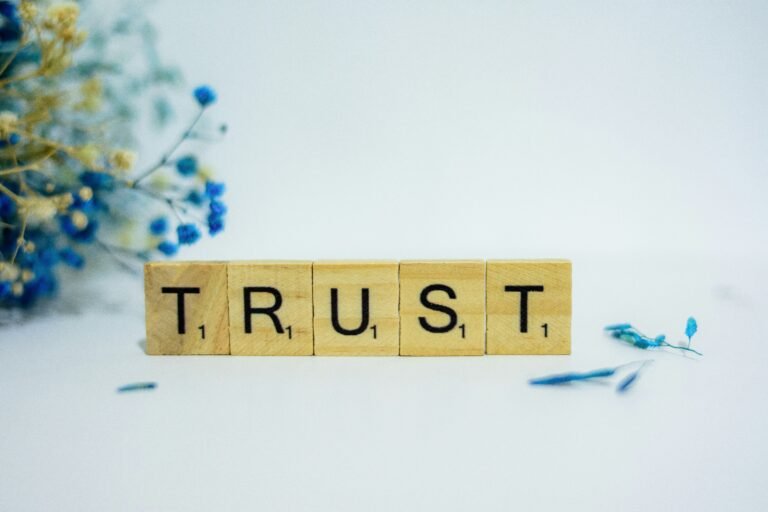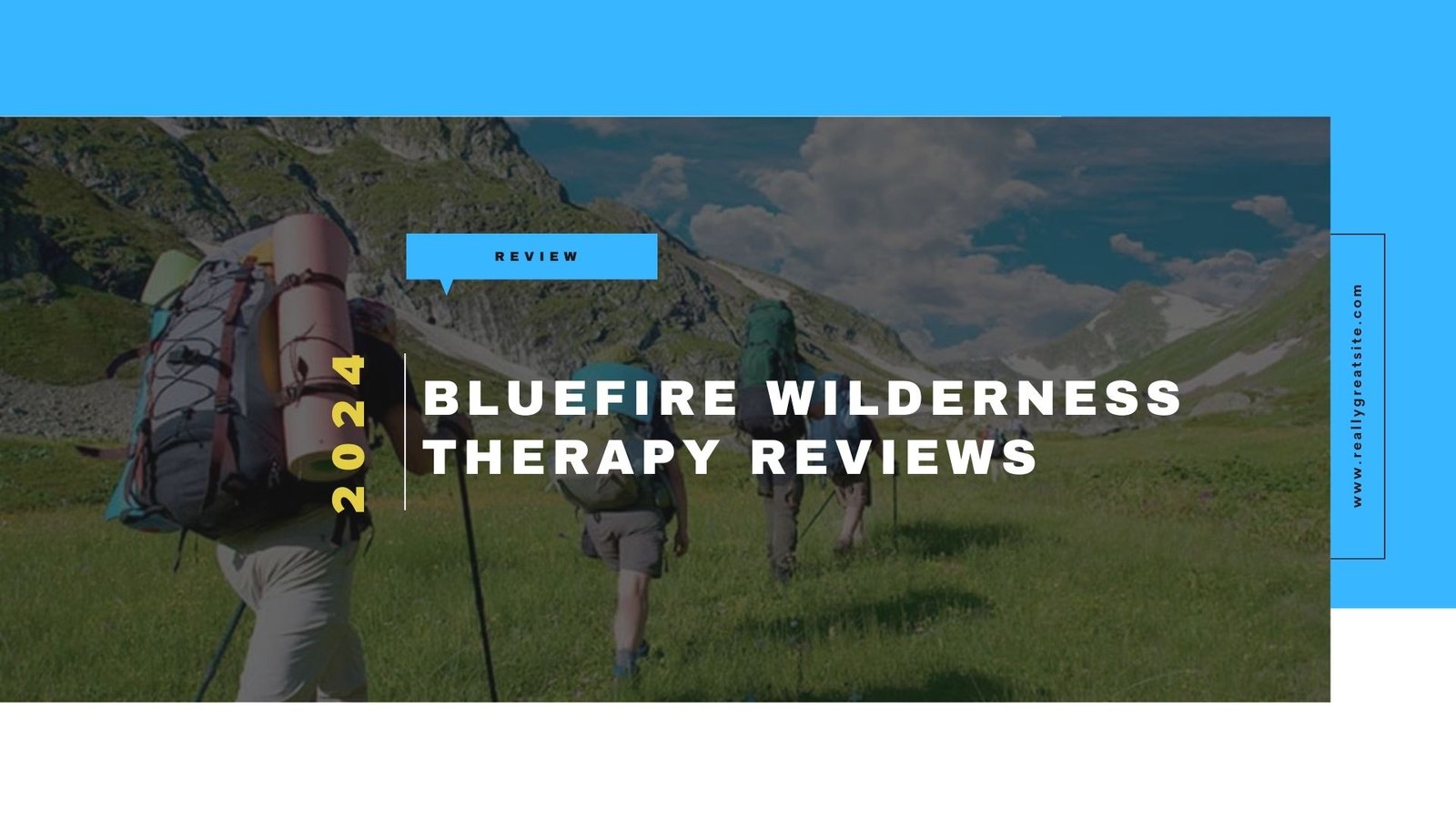Photo by Alex Shute on Unsplash
In today’s world of 24-hour news cycles and an endless stream of information online, it can be difficult to know which news sources to trust. With so many outlets reporting on the same events, but often with very different takes, readers must be discerning. Blindly trusting every news source without scrutiny can lead people to accept misinformation and form misguided opinions. Developing media literacy skills is crucial to navigating today’s complex media landscape.
The Risks of Trusting Every News Source
Several risks come with assuming all news sources are equally credible. First, not all outlets adhere to the same journalistic standards. While major newspapers like The New York Times and The Washington Post have rigorous editing processes, some online sites publish content without verifying sources or facts. Consumers need to research outlets to understand their reputations and potential biases. Additionally, some sites deliberately publish falsehoods or propaganda to promote certain agendas. Without fact-checking, readers can be misled.
Furthermore, different sources often have differing political leanings or target specific demographics. Reading narrow perspectives can warp people’s worldviews if they are unaware of other takes. Given these issues, news consumers need to evaluate the reliability and objectivity of sources instead of blindly trusting all coverage.
The Importance of Media Literacy
Media literacy entails analyzing, questioning, and being discerning about the news we consume. As the amount of available information grows, the importance of media literacy only becomes more vital. Media literate readers ask key questions when evaluating sources, such as: Who created this message? What are their goals or biases? What techniques are used to attract attention or encourage belief? Am I evaluating facts or opinions? Considering context like this allows people to identify potential misinformation and read news more critically. Educating citizens, particularly youth, to develop these habits is crucial for a well-functioning democracy. With sound media literacy, people can seek objective facts across a spectrum of trustworthy sources.
Practicing Healthy Skepticism
While total cynicism is unproductive, readers should maintain a healthy skepticism when surveying today’s media. Blind trust can be dangerous, but assuming everything is false goes too far. The ideal approach is to keep an open but questioning mindset. For major news events, it is wise to compare reports from multiple established outlets. When consuming hot takes or charged rhetoric, readers should verify key facts and dig deeper before forming strong opinions. Opinions informed by thoughtful analysis of substantive reporting are more credible than knee-jerk reactions to inflammatory headlines. Avoiding echo chambers and engaging with diverse perspectives provides a more balanced information diet. With healthy skepticism and open-mindedness, citizens can stay accurately informed.
In summary, accepting all news sources as equally valid poses risks in an era of misinformation and bias. Developing media literacy to analyze how credible, objective, and factual reporting is, is proving vital. Avoiding blind trust and instead reading the news with healthy skepticism leads to better understanding. An informed citizenry that thinks critically about the media it consumes is essential to a functioning democracy. With vigilance and care, readers can benefit from the breadth of information available while avoiding being misled.

Daniel J. Morgan is the founder of Invidiata Magazine, a premier publication showcasing luxury living, arts, and culture. With a passion for excellence, Daniel has established the magazine as a beacon of sophistication and refinement, captivating discerning audiences worldwide.





